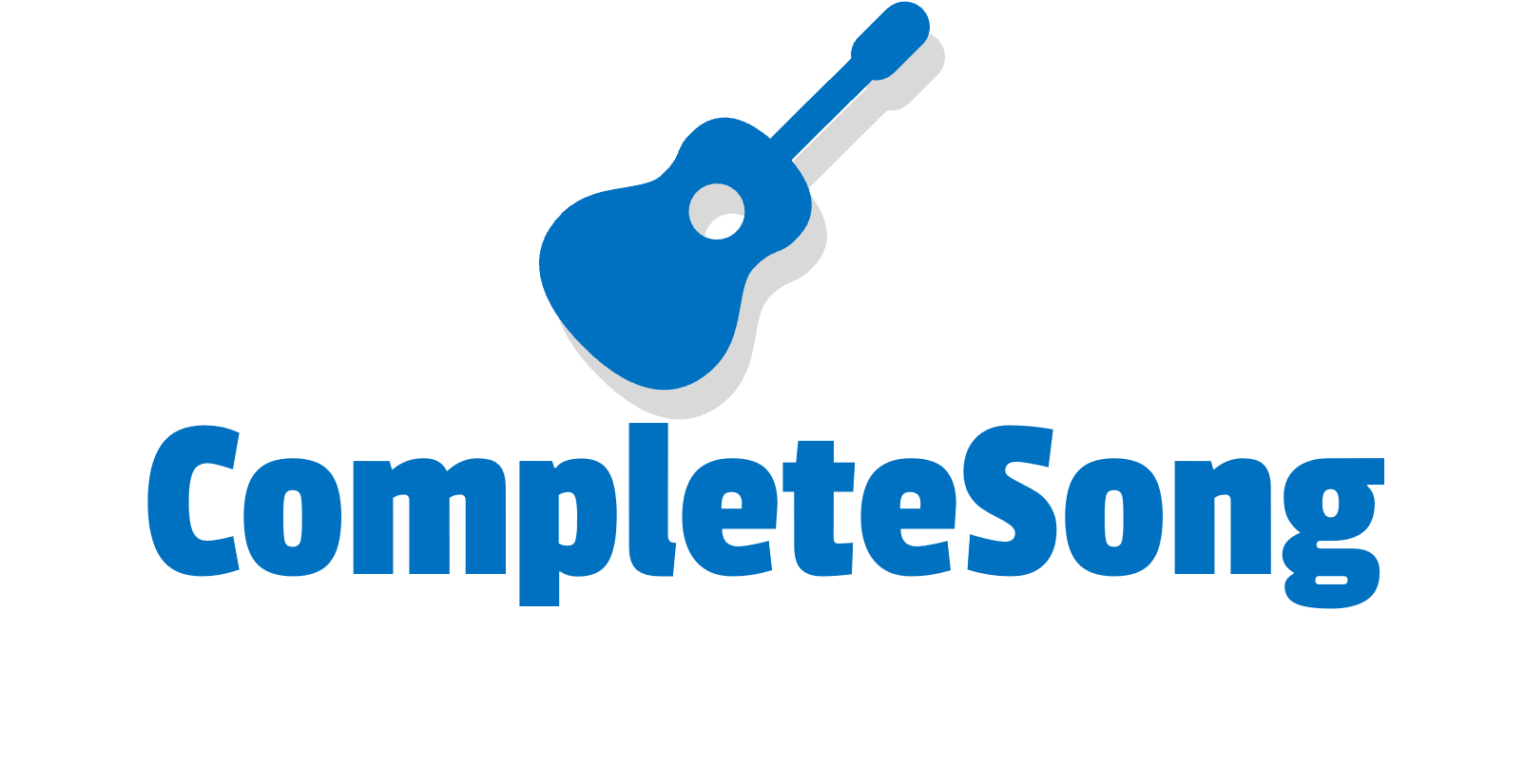Music licensing is a critical aspect of the music business, especially for independent artists looking to monetize their work and protect their rights. Whether you want to license your music for films, TV shows, commercials, or streaming platforms, understanding how music licensing works is essential. In this guide, we’ll break down the basics of music licensing and provide tips on how you can start licensing your music.
1. What is Music Licensing?
Music licensing is the process of granting permission for someone else to use your music in exchange for payment. This can include licensing your music for use in films, television, video games, advertisements, and even YouTube videos. There are two main types of music licenses: sync licenses and mechanical licenses.
Sync License
A sync license allows someone to synchronize your music with visual media, such as a film, TV show, or commercial. This is one of the most common ways for independent artists to earn money from music licensing.
Mechanical License
A mechanical license allows someone to reproduce your music on physical or digital formats, such as CDs, vinyl, or streaming platforms. This license is necessary for distributing your music to the public.
2. How to License Your Music
Licensing your music involves several steps, including registering your music, finding licensing opportunities, and negotiating deals. Here’s how to get started:
Register Your Music
The first step is to register your music with a performing rights organization (PRO) like ASCAP, BMI, or SESAC. This ensures that you receive royalties when your music is used in public performances, broadcasts, or streaming services.
Find Licensing Opportunities
To find licensing opportunities, consider working with a music licensing agency or a sync licensing platform like Songtradr, Musicbed, or Artlist. These platforms connect independent artists with filmmakers, advertisers, and other content creators looking for music.
Negotiate Licensing Deals
When you’re approached with a licensing opportunity, it’s important to negotiate the terms of the deal. This includes discussing the scope of use, duration, territory, and compensation. Make sure you understand all aspects of the agreement before signing, and consider consulting with a music lawyer if needed.
3. Protect Your Music Rights
As an independent artist, it’s crucial to protect your music rights when licensing your work. Ensure that all agreements are in writing and clearly state the terms of use. Retain control over your music by setting limitations on how it can be used, and make sure you’re compensated fairly for your work.
Conclusion
Music licensing offers independent artists a valuable opportunity to monetize their music and reach new audiences. By understanding the basics of music licensing, registering your music, finding licensing opportunities, and protecting your rights, you can navigate the world of music licensing with confidence and make the most of your creative work.
For more information on music business and licensing, explore the resources available at Complete Song. We’re here to help you succeed in the music industry.


